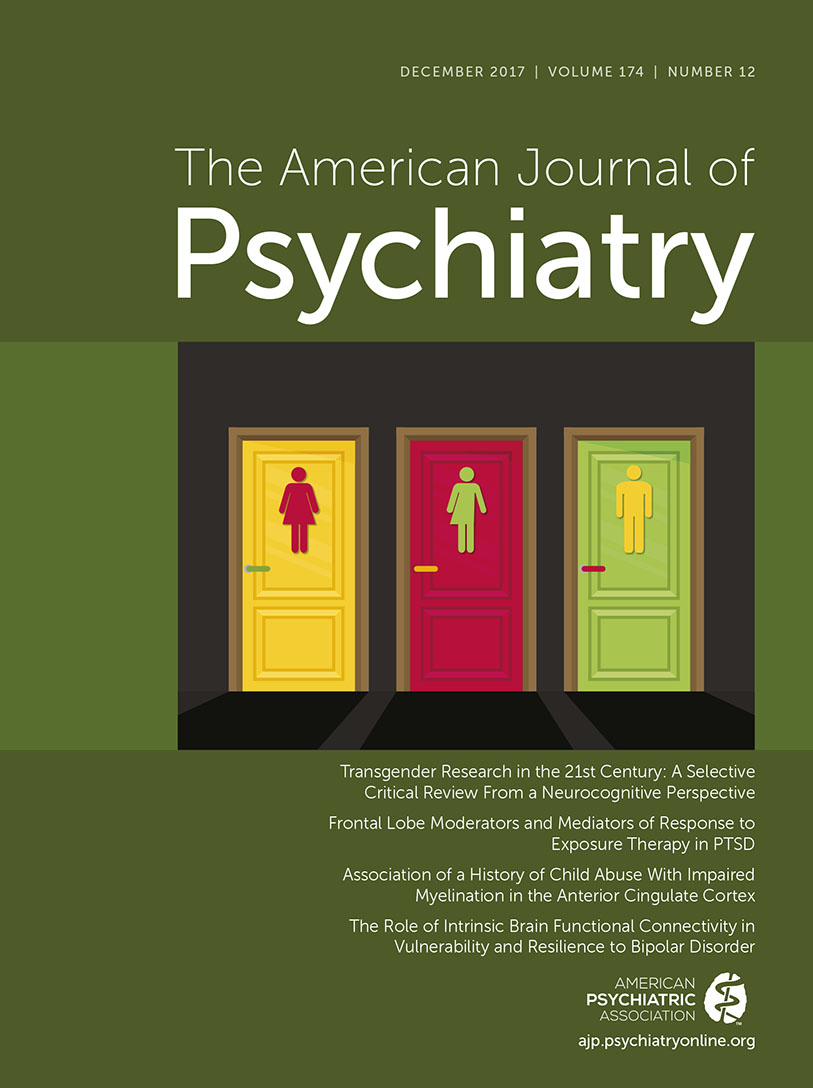Association of a History of Child Abuse With Impaired Myelination in the Anterior Cingulate Cortex: Convergent Epigenetic, Transcriptional, and Morphological Evidence
Abstract
Objective:
Child abuse has devastating and long-lasting consequences, considerably increasing the lifetime risk of negative mental health outcomes such as depression and suicide. Yet the neurobiological processes underlying this heightened vulnerability remain poorly understood. The authors investigated the hypothesis that epigenetic, transcriptomic, and cellular adaptations may occur in the anterior cingulate cortex as a function of child abuse.
Method:
Postmortem brain samples from human subjects (N=78) and from a rodent model of the impact of early-life environment (N=24) were analyzed. The human samples were from depressed individuals who died by suicide, with (N=27) or without (N=25) a history of severe child abuse, as well as from psychiatrically healthy control subjects (N=26). Genome-wide DNA methylation and gene expression were investigated using reduced representation bisulfite sequencing and RNA sequencing, respectively. Cell type–specific validation of differentially methylated loci was performed after fluorescence-activated cell sorting of oligodendrocyte and neuronal nuclei. Differential gene expression was validated using NanoString technology. Finally, oligodendrocytes and myelinated axons were analyzed using stereology and coherent anti-Stokes Raman scattering microscopy.
Results:
A history of child abuse was associated with cell type–specific changes in DNA methylation of oligodendrocyte genes and a global impairment of the myelin-related transcriptional program. These effects were absent in the depressed suicide completers with no history of child abuse, and they were strongly correlated with myelin gene expression changes observed in the animal model. Furthermore, a selective and significant reduction in the thickness of myelin sheaths around small-diameter axons was observed in individuals with history of child abuse.
Conclusions:
The results suggest that child abuse, in part through epigenetic reprogramming of oligodendrocytes, may lastingly disrupt cortical myelination, a fundamental feature of cerebral connectivity.



